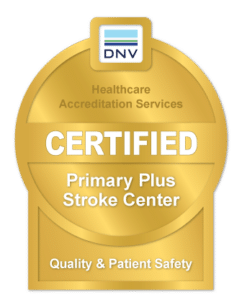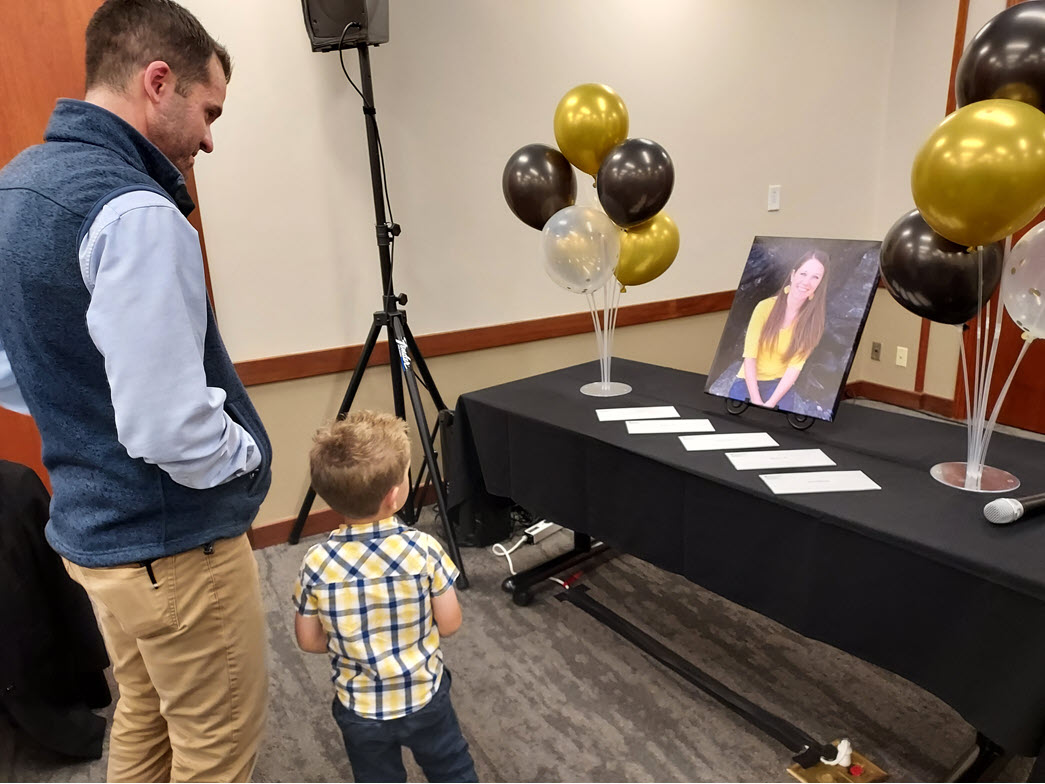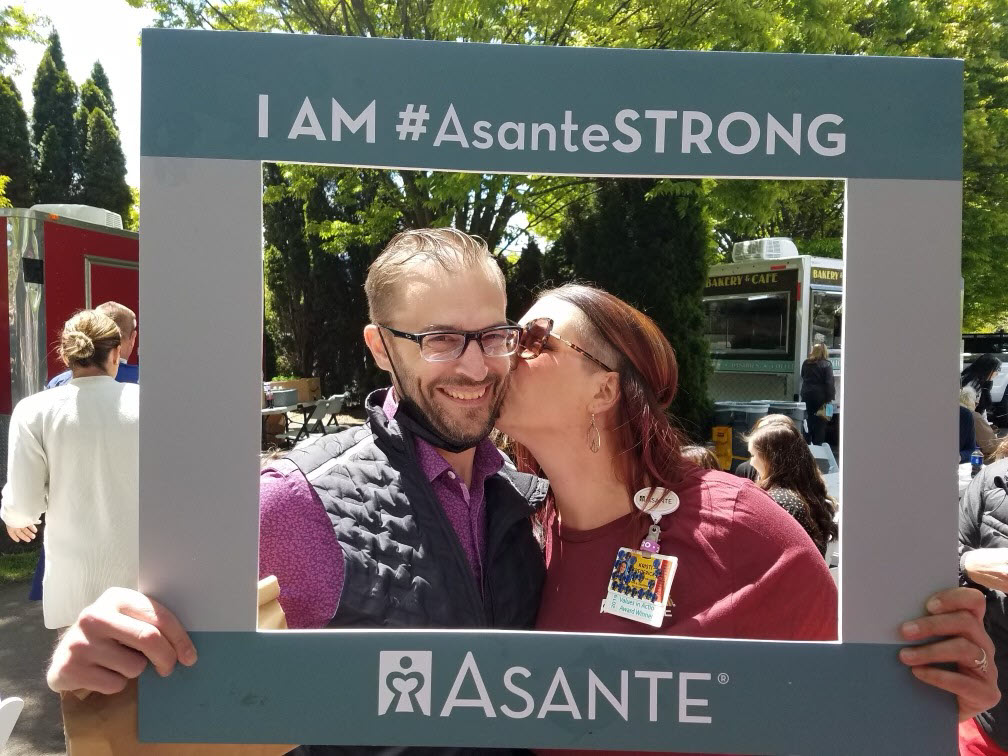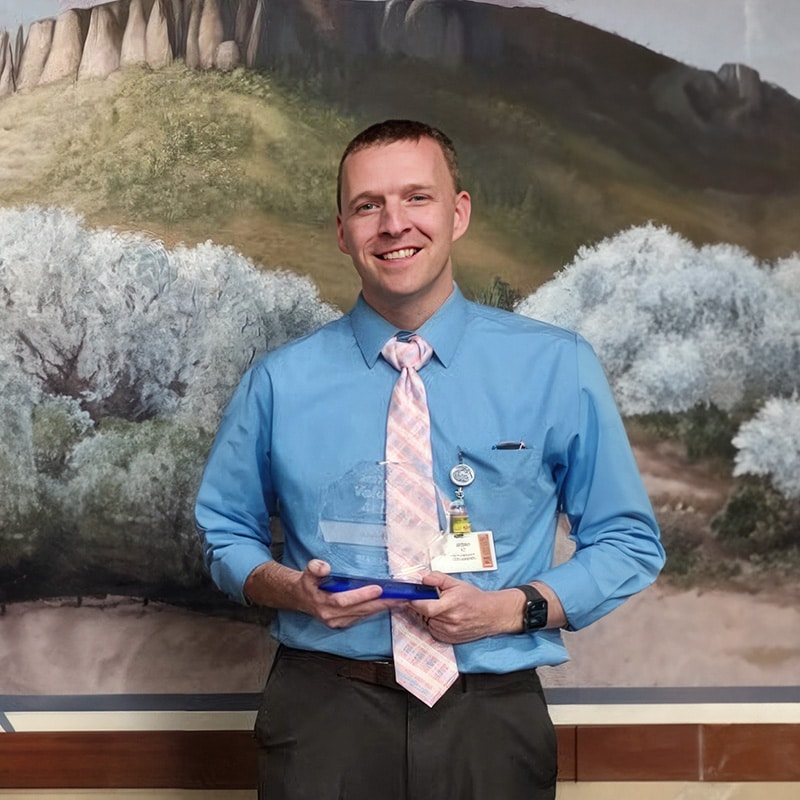When you or someone you know could be having a stroke, remember to act FAST.
Doctors and health care providers across the country, myself included, are concerned that people are not seeking routine and emergency care in a timely manner. Delaying health care needs, especially in an emergency, can cost a life.
That includes when having a stroke. People suffering a stroke are often unaware of what’s happening to them, so it’s important that we all recognize the signs of this medical emergency, dial 911 and act FAST.
F is for face. Is one side of the face drooping? To check, ask the person to smile.
A is for arms. Ask the person to raise both arms and see if one arm drifts downward.
S is for speech. Is the person’s speech slurred or garbled? Can he or she repeat a simple phrase?
T is for time. If any of these symptoms are present, call 911 immediately.
A stroke occurs when the flow of oxygen-rich blood to a part of the brain is suddenly blocked by a blood clot or results from rupture or leakage from a blood vessel. Without oxygen, brain cells die quickly, so time is of the essence.
Strokes caused by blockages may be treatable, and timely recognition and evaluation are essential.
Some strokes caused by bleeding may be treated with surgery.
Asante Three Rivers Medical Center provides advanced care for stroke victims. The entire care team, from the emergency department to inpatient care and rehabilitation, is specially trained in evaluating and treating stroke quickly.
To expand our stroke coverage, we also use telestroke, a relatively new technology that allows stroke specialists working remotely from Asante Rogue Regional Medical Center or outside the area to consult with our hospital emergency department  here in Grants Pass via two-way video.
here in Grants Pass via two-way video.
If needed, our partner hospital, Asante Rogue Regional Medical Center, is a certified DNV Primary Plus Stroke Center providing advanced brain-saving interventions and rehabilitation.
When you or someone you know could be having a stroke, remember to act FAST. The sooner you get expert medical care, the better your chances of saving valuable brain power — or even your life.
Chris David, MD, is medical director of Emergency Services and Stroke Program at Asante Three Rivers Medical Center.









